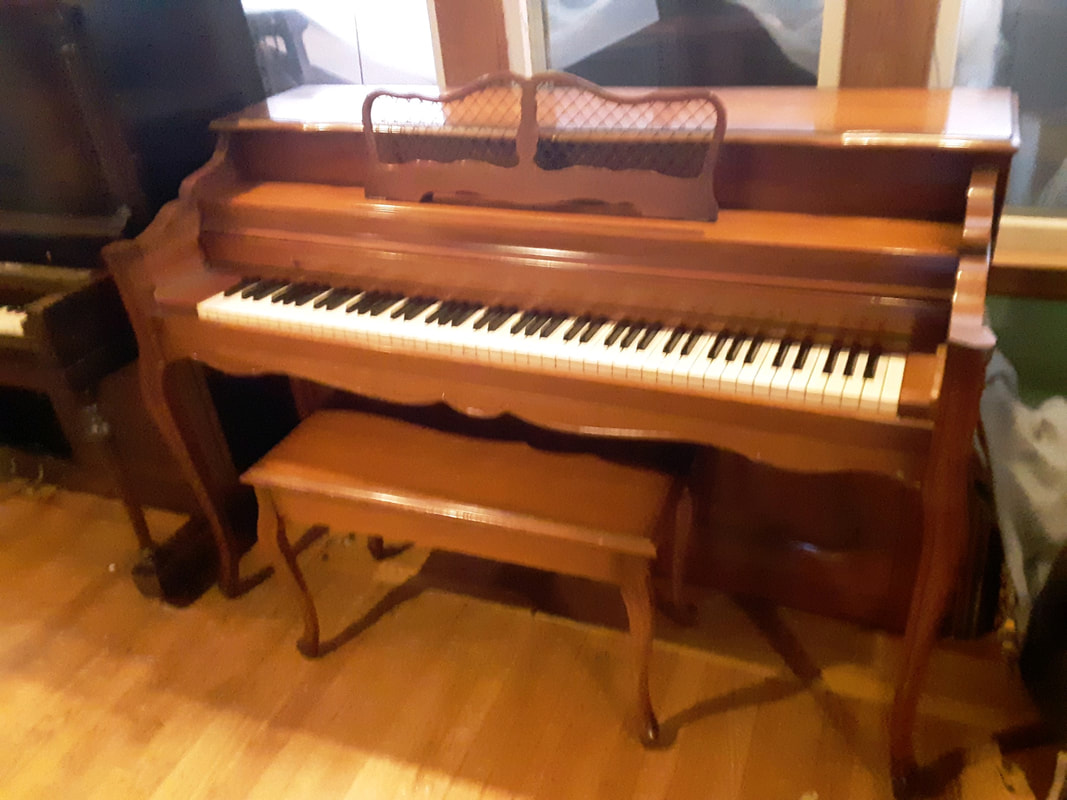

So, in 1856, Rudolph went to a music store owned by a man named Johnson. He noticed that the store had few woodwinds. The clerk told him they were very hard to come by. Rudolph took his $700 in savings and sent it back to Germany, ordering a shipment of musical instruments. When the goods arrived in Cincinnati, he calculated customs and freight costs, then doubled the total to arrive at a fair selling price. Rudolph then approached Mr. While he could not play any musical instruments, Rudolph loved music and knew some of the finest instruments were made in the cottage industries around his German hometown. His own ancestors were lute and violin makers as far back as the seventeenth century. They used the choicest woods from the forests of Bavaria, the Alps, and the Carpathians. By the 1830s, over three hundred people in the area, including women and children, were making instruments.Īt the same time, Cincinnati, one of the largest cities west of the Alleghenies, continued to boom. In 1856, the Democratic National Convention was held there, the first such convention held outside the original thirteen states. (James Buchanan was nominated, over the incumbent President Franklin Pierce.)
1938 wurlitzer piano value series#
Young Rudolph learned English and picked up American ways faster than the other young employees and soon began a series of promotions, ultimately giving him the important position of Cashier (which is different in a bank compared with a retail store). Legend has it that Rudolph also traded in semi-precious stones and furs from the nearby countryside, selling them to dealers in Antwerp and Amsterdam. With the money he made, Rudolph paid back his uncle for the money lent him to come to America. And Rudolph also sought a way to make a more permanent and prosperous living. Rudolph’s first job in Cincinnati was as a porter for a dry goods store at four dollars a week. To save money, he slept in a packing crate. He then found a better job, eight dollars a week at the merchant and banking house of Heidelbach and Seasongood. The owners let him sleep in a loft at the office. Rudolph’s uncle, the brother of his late mother who had favored Rudolph, loaned Rudolph 305 marks (about $80 at the time) to cross the Atlantic, which the young man did in 1853 at the age of twenty-two.Īrriving in New York, the five-foot four-inch Rudolph vowed to save 25% of anything he earned. But the money came hard as he worked long hours at low pay for a Hoboken grocer. Dissatisfied, he moved on to Philadelphia. Approaching a well-dressed man to ask for a job, he was rebuffed as a beggar, and a foreigner on top of that. This insult led him to go further west to the booming city of Cincinnati, which had a large German population.
1938 wurlitzer piano value full#
Rudolph realized he would spend the next fifteen years building up his father’s general store in a valley full of over one hundred violin and woodwind makers. But all his efforts would be only as a paid employee, until his kid brother was old enough to take over. Not an inviting prospect. So Rudolph told his father he wanted to migrate to America, as many other Germans were. His father did not take him seriously, as Rudolph had no money of his own. Rudolph Wurlitzer was born in Schoneck, Saxony, Germany, in 1831, the first son of prosperous merchant Christian Wurlitzer. Christian had suffered a great disappointment when his father left his 2,000-acre farm to his elder half-brother rather than to Christian. While this was in line with German norms of primogeniture, Christian did not think it was fair. Christian revolted by, in turn, leaving his general store to his youngest son, not his oldest, Rudolph. The Wurlitzer Company is one of the most interesting companies we have studied. At their peak, their slogan was “Music for the Millions.” Here is the story of this formerly great company, based on the excellent book by Mark Palkovic. Rudolph Wurlitzer and his sons Howard and Farny Wurlitzer


 0 kommentar(er)
0 kommentar(er)
